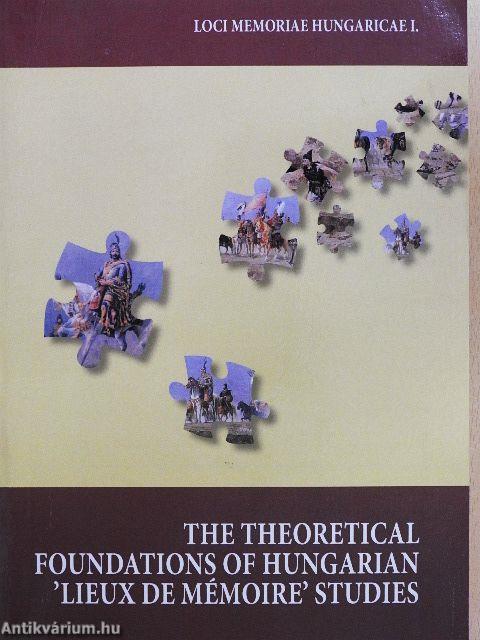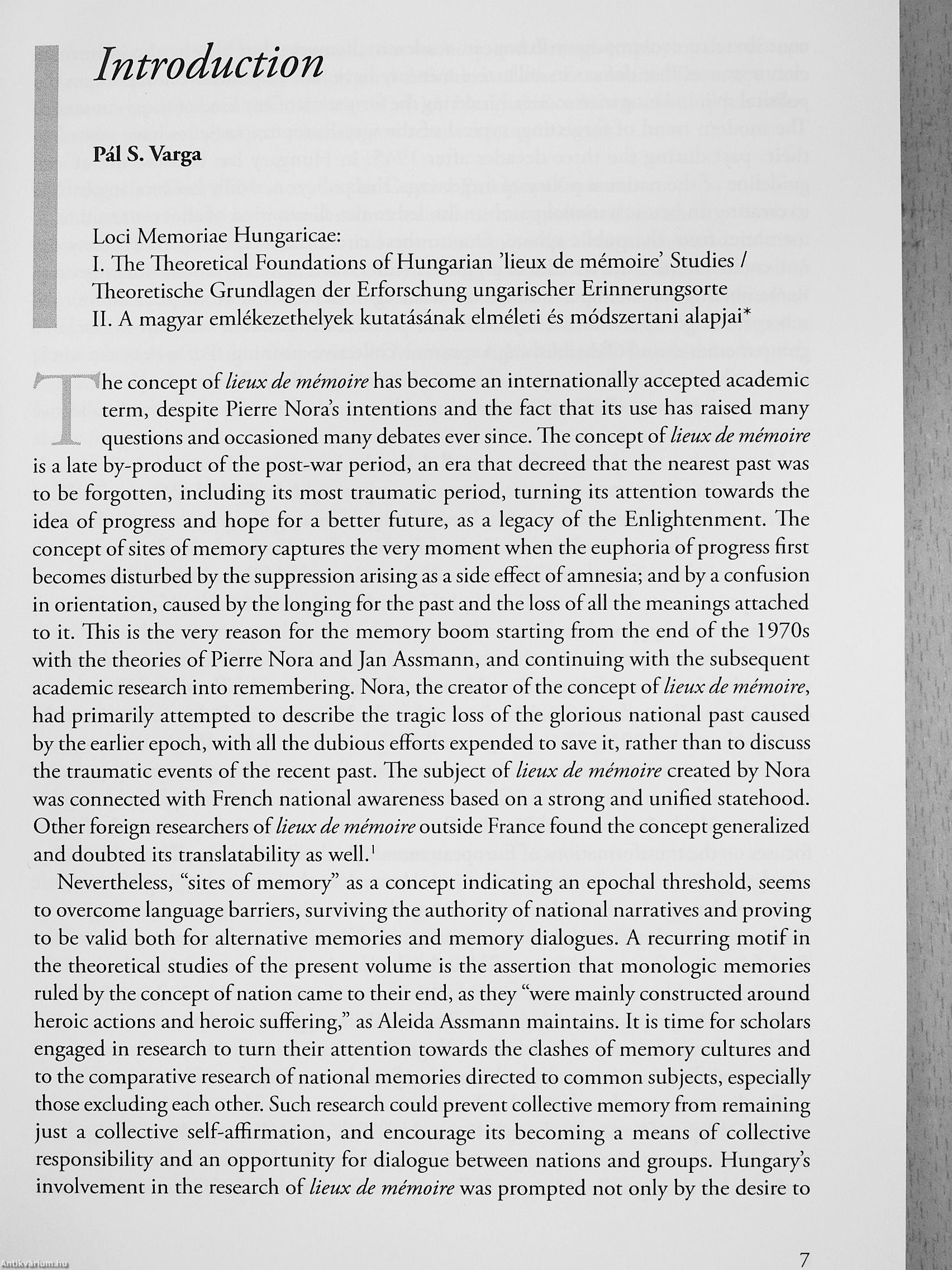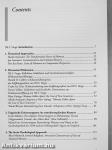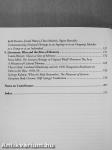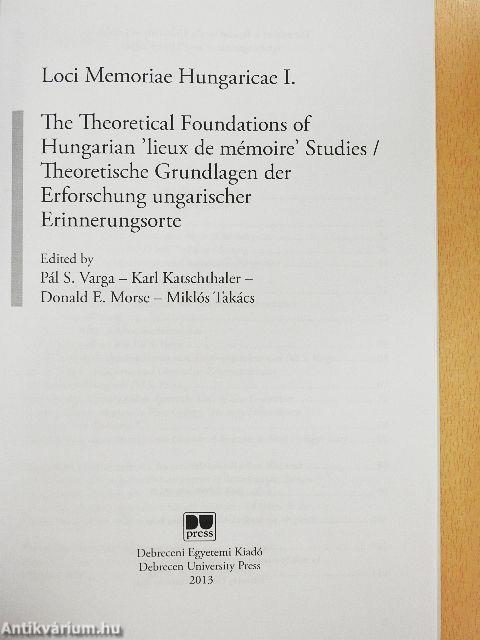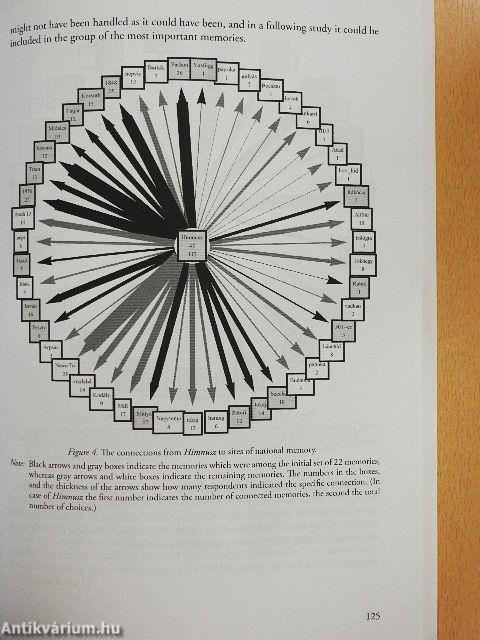1.067.715
kiadvánnyal nyújtjuk Magyarország legnagyobb antikvár könyv-kínálatát

VISSZA
A TETEJÉRE
JAVASLATOKÉszre-
vételek
The Theoretical Foundations of Hungarian 'lieux de mémoire' Studies
Theoretische Grundlagen der Erforschung ungarischer Erinnerungsorte
| Kiadó: | Debreceni Egyetemi Kiadó |
|---|---|
| Kiadás helye: | Debrecen |
| Kiadás éve: | |
| Kötés típusa: | Ragasztott papírkötés |
| Oldalszám: | 224 oldal |
| Sorozatcím: | Loci Memoriae Hungaricae |
| Kötetszám: | 1 |
| Nyelv: | Angol Német |
| Méret: | 24 cm x 17 cm |
| ISBN: | 978-963-318-383-0 |
| Megjegyzés: | További kapcsolódó személyek a könyvben. Fekete-fehér ábrákkal. |
naponta értesítjük a beérkező friss
kiadványokról
naponta értesítjük a beérkező friss
kiadványokról
Előszó
TovábbFülszöveg
French historian Pierre Noras lieux de mémoire has become an internationally accepted scholarly term today used to grasp how communities seek to avoid the forgetting caused by the fast pace of change. The means employed are most often symbolic objects that carry the memories of the community's own past—a specific feature of collective memory in the modern age. Besides the research on sites of memory developed in Europe within national frameworks, other new perspectives have emerged. At the University of Debrecen the systematic study of Hungarian lieux de mémoire began in 2011 taking advantage of the considerable previous research and theoretical discussions. The aim of the present series is to add to the international discussion of lieux de mémoire by providing a comprehensive vdew of Hungarian sites of memory.
This first volume features a variety of papers from the Loci Memoriae Hungaricae—Ihe Theoretical Foundations of Hungarian 'lieux de mémoire Studies conference including... Tovább
Fülszöveg
French historian Pierre Noras lieux de mémoire has become an internationally accepted scholarly term today used to grasp how communities seek to avoid the forgetting caused by the fast pace of change. The means employed are most often symbolic objects that carry the memories of the community's own past—a specific feature of collective memory in the modern age. Besides the research on sites of memory developed in Europe within national frameworks, other new perspectives have emerged. At the University of Debrecen the systematic study of Hungarian lieux de mémoire began in 2011 taking advantage of the considerable previous research and theoretical discussions. The aim of the present series is to add to the international discussion of lieux de mémoire by providing a comprehensive vdew of Hungarian sites of memory.
This first volume features a variety of papers from the Loci Memoriae Hungaricae—Ihe Theoretical Foundations of Hungarian 'lieux de mémoire Studies conference including some of the most recent results of research upon memory sites along with the lectures of invited authorites, Aleida Assmann, Jan Assmann and Pim den Boer. The essays in the second Hungarian volume {Loci Memoriae Hungaricae II— A magyar emlékezethelyek kutatásának elméleti és módszertani alapjai) are not only from the Loci Memoriae Hungaricae conference but also from another interdisciplinary conference on Mohács as a representative site of Hungarian memory Vissza



